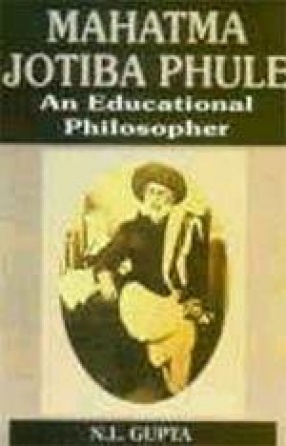
N.L. Gupta

Showing all 14 books
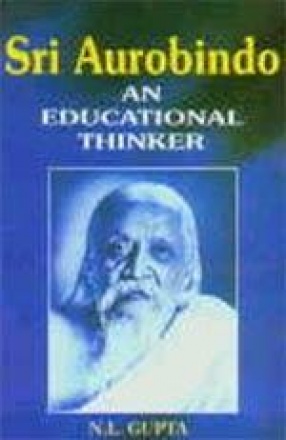
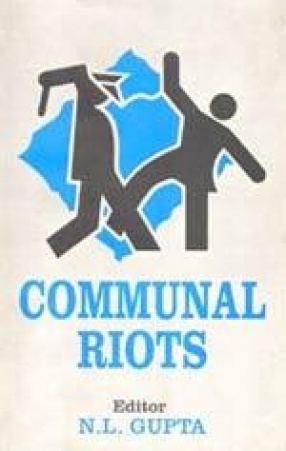

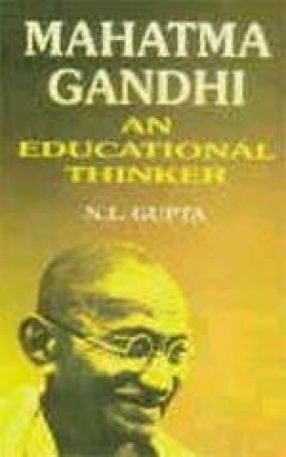
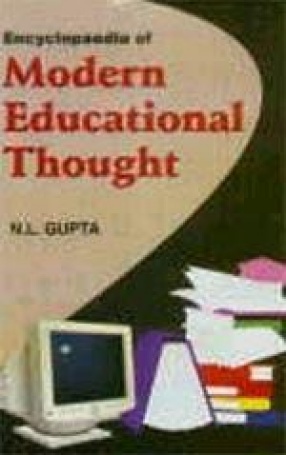
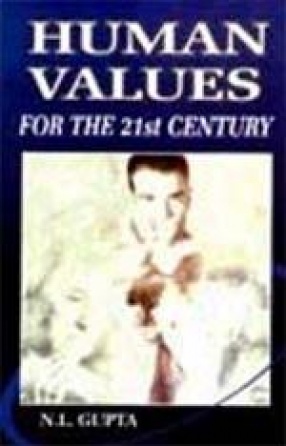
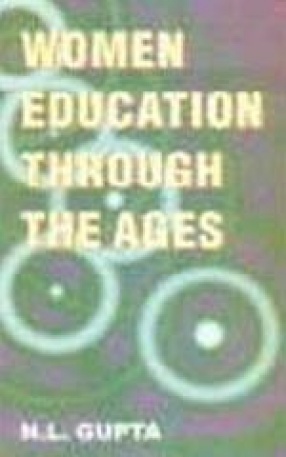
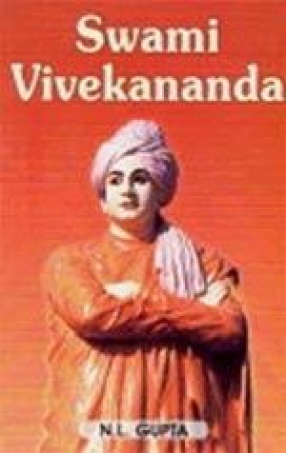

Mahatma Jotiba Phule is one of the prominent social reformers and as such social reform was his main aim. For this purpose he took spread of education as his mission. It was his firm contention that the backwardness of the masses is mainly due to lack of education. For him education was not just a sub-system of the whole social system; but a foundation and a powerful tool for social revolution. He wanted education for not a selected few, but for all. His true ...
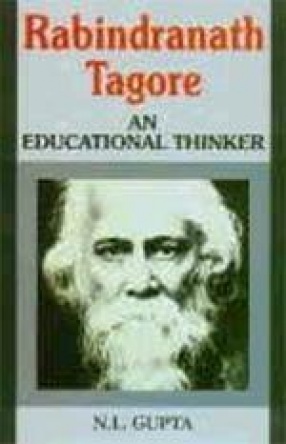
In the galaxy of modern educational thinkers the name of Rabindranath Tagore, popularly known as ‘gurudev’, is famous not only in his country for his contribution in the field of education; but all over the world. One of the most striking features of his educational thinking is that he considered education as the most effective tool for modernizing Indian agriculture. Tagore did not write any systematic treatise on education. His educational views and ideas ...

Sri Aurobindo’s personality was such a multi-faceted that his contribution towards the system of education remained dormant. Lot of ink has been spent in highlighting his contribution towards poetry, social service, freedom-struggle, spiritual writing, yoga etc. Sri Aurobindo and the mother, the founders of the new system of integral education were born teachers, not in the sense that they were born into teacher’s families but they had their natural tendency ...
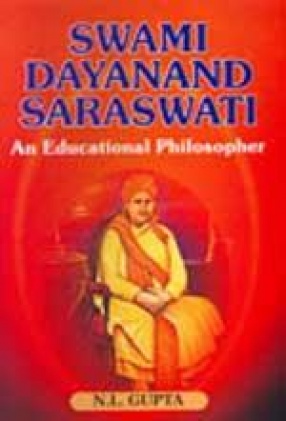
A wide-spectrum person, Swami Dayanand was a great scholar, orator, author, teacher, freedom-fighter, educationist etc. Over and above he was a great path-maker of modern India. But his contribution to the educational field is historical. He was an inspiring spirit behind D.A.V. Movement. The contribution of swami Dayanand towards the philosophy and practice of education is noteworthy. There is no gainsaying the fact that the History of Education of modern India ...

This work is based on the studies of dedicated scholars on the problem of communal riots in India after independence. The contributions and field reports offer narratives of eyewitness accounts and analyses of incidents involving communal activities. The study assumes that communalism is a threat to our national values and the basic concept of the constitution of India and that these values cannot be termed as out of date. The authors do not accept the view, of ...


In Gandhian system of education teacher has to play the key role. Teacher should act as facilitator, as guide keeping in view child’s interest, attitude and aptitude. The education, being bookish and theoretical, becomes burdensome. Gandhi wanted to make more lively, joyful and useful for the individual and the society at large. In the system of Rousseau there is no place for a teacher; but in the Gandhian system the teacher has a responsible role. In education ...
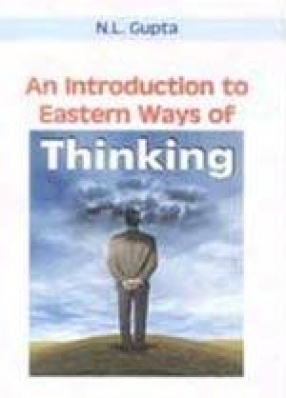
This is an humble effort to highlight the spiritual vision of the Eastern cultures in a precise and critical manner with a broad base of various ethical, social, cultural ad spiritual values. In this book philosophical themes have been dealt with the angle that may reflect the ways of life, ways of thinking, ways of feeling, ways of action, ways of devotion and so on. The East is well-known for its traditionalism as well as its love for learning of various ...
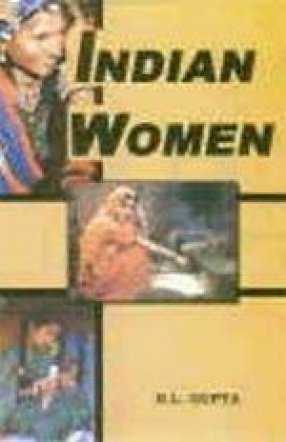
"The present book depicts critical analysis of the socio-cultural phenomena, in which Indian women have grown and they are growing. At this juncture, when there is stress from all the quarters on the empowerment of women, the present volume will help the readers to systematize their ideas and concerns for upliftment of women-folk. In India also, alike many European countries, ‘women studies’ are gathering momentum at various levels and on variety of ...

There are many educationists who have propounded different aims of education – education in terms of efficiency, acquisition of knowledge, preparation for life etc. But their are very few whose views on education are comprehensive and many-sided.

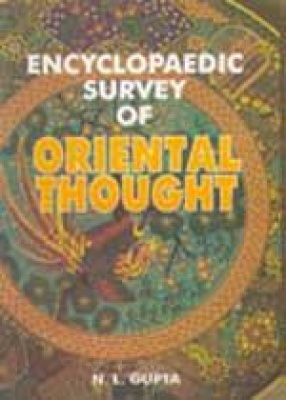
Oriental thought is proverbially said to be different from Oxidental thought obviously due to their different postulates i.e., spiritualism and materialism respectively, which is manifested in the various philosophical perceptions like intuitive 'higher' knowledge, 'terminal object' of knowledge, concept of mind, ultimate aim of life, concept of infinite, determinism and so on. In these three volumes of Encyclopaedic Survey of Oriental Thought the learned author ...

"The present book, with eleven chapters and three appendices, aims at presenting an overall picture of women's education through various phases of Indian history, i.e., Vedic period, Post-Vedic period, Jain-Buddhist system, Muslim rule, British rule and in the post-independence era. Various factors and phenomena responsible for bolting or opening the doors of education for women have been critically analysed. Independent chapters on 'Empowerment of women' ...

Swami Vivekananda was not only revivalist like Rammohun Roy, Tilak and others, but an awakened spirit of India, a synthesis of orientaism and modernity. We find in him a unique fusion of nationalism, patriotism and spiritualism. In this volume an attempt has been made to present the critique of educational ideas of Swami Vivekananda. Some select extracts from his speeches and writings are appended to the book. Organised in ten chapters, this book covers almost ...
